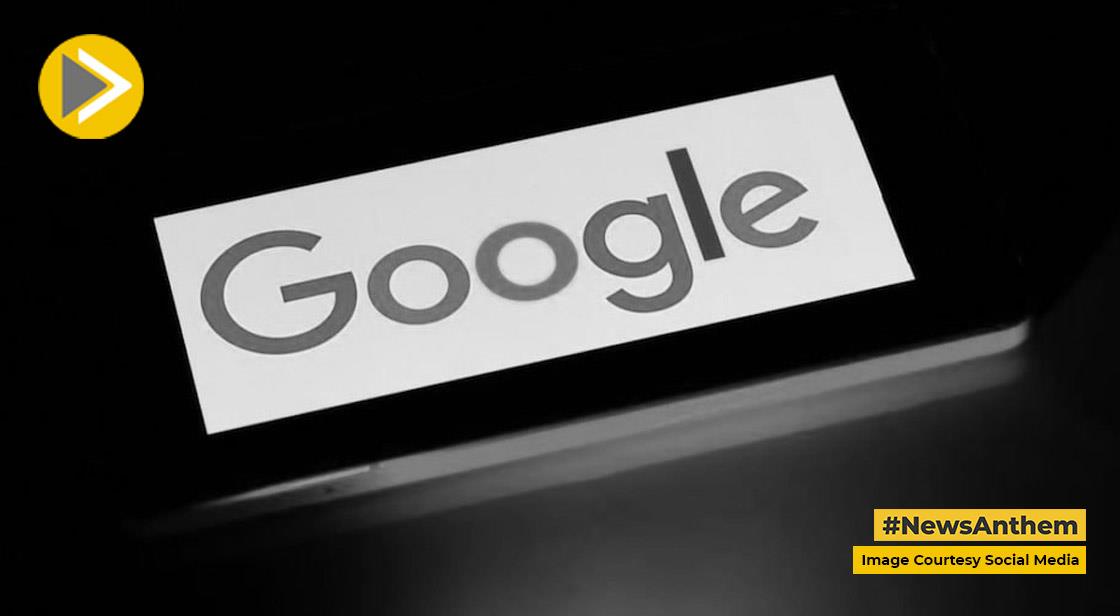FCC And State Attorneys General Giled Lawsuits Against Google And iHeartMedia

News Synopsis
Latest Update
The FCC and state attorneys general have filed lawsuits against Google and iHeartMedia for broadcasting false advertisements for the Pixel 4 between 2019 and 2020. It appears like the companies are in some legal trouble. According to the lawsuit, more than 29,000 "deceptive endorsements" of the handset by radio personalities were given during that time. As part of the settlement, Google and iHeartMedia are no longer allowed to deceive the public with their commercials and must pay $9.4 million in penalties.
Samuel Levine, director of the Bureau of Consumer Protection, said: “It is common sense that people put more stock in first-hand experiences. Consumers expect radio advertisements to be truthful and transparent about products, not misleading with fake endorsements. Today’s settlement holds Google and iHeart accountable for this deceptive ad campaign and ensures compliance with state and federal law moving forward."
In order to advertise its Pixel 4 smartphone, Google approached iHeartMedia. On-air personalities who didn't even own the phone recorded and broadcast testimonials for it. It handed out scripts with statements like: “It’s my favorite phone camera out there, especially in low light, thanks to Night Sight Mode,” “I’ve been taking studio-like photos of everything,” and “It’s also great at helping me get stuff done, thanks to the new voice-activated Google Assistant that can handle multiple tasks at once.”
Last Updated -26 Oct 2022
Google, a US business, was fined around Rs 936 crore ($113.04 million). This week's campaign against the firm is the second-largest so far. Earlier this week, the Competition Commission of India penalized Google around Rs 1,338 crore (CCI). Google is accused of stifling competition by taking advantage of its dominant position in the Android mobile device market.
The regulator has been practical in issuing the sentence, according to Ashok Kumar Gupta, chairman of the Competition Commission of India (CCI). The acts of CCI do not negate commercial and economic reality. Today marks Ashok Kumar Gupta's resignation from the regulator after four years in charge.
In order to properly manage digital markets, he continued, it is important to take the framework's viability into account. When questioned on Thursday about Google's remarks regarding the decision regarding the Android issue, he chose not to respond. For unfair commercial practices, the commission fined MakeMyTrip, Goibibo, and Oyo a combined Rs 392 crore on Wednesday.
The CCI, in its order after the action, had directed Google to stop unfair business activities. Along with this, changes in the way of working were also asked. After this Google clarified that this is a big setback for Indian customers. We will review the Competition Commission of India's order imposing a fine of Rs 1,338 crore for anti-competitive practices.
In reality, the CCI had issued an inquiry order against Google in April 2019 following a complaint made by local Android smartphone users accusing the company of abusing its dominant position. Based on the investigation, the Competition Commission of India declared that Google had broken the Mobile Application Distribution Agreement (MADA) agreements and had abused its position and influence.
The commission had said that the US company has taken advantage of its dominant position in the app store market of Android OS to maintain dominance in the online general search market. This is a violation of competition law.
Explain that an operating system (OS) is required to run the mobile app. Google operates and manages the Android OS and issues licenses for other applications. Original Equipment Manufacturers (OEMs) use this OS and Google's app on their mobiles. They enter into several agreements including Mobile Applications.
You May Like









